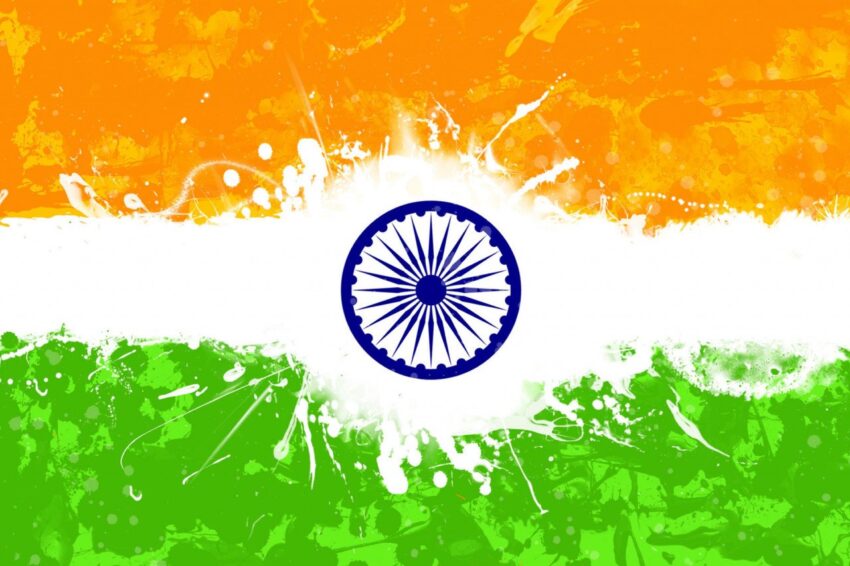I am writing this after watching Indian Prime Ministers address to the nation on the occasion of the countries 73rd Independence Day. The over arching theme of the speech was his invocation for “Atmanirbhan Bharat” – self-reliant India. He considers this important enough to compare it to India’s freedom – to free India’s future from the influence of external factors.
As this message arrives right in the middle of twin events of a global pandemic and border clashes with China, there is possibility that the policy might be considered as a knee jerk reaction to these events. As India found itself at the receiving end of not being able to import N95 masks, PPE kits, it would have suddenly realized that it was at the mercy of external suppliers. This realization is not a new one and has been true for majority of independent India’s history. But the world is changing fast. And its changing faster than policies can change and their intended follow-ups can be accomplished.
Even before the Covid-19 pandemic struck, the existing rules based multi-lateral world order which existed since WW-2 was slowly getting eroded. The rise of China and the changes in the global economic order where slowly introducing a transactional bi-directional relationships between countries. So, we were moving from a bi-polar cold war era, to a uni-polar era, to a multi-lateral era and finally in a completely fractured heterogenous era where each country was creating its own spheres of influences and allies. India was witnessing this unfolding in slow motion as Russia changed it long held policy banning sales of weapons to Pakistan in 2014, as China became financially and technologically powerful enough to start helping countries like Iran and North Korea on its own strength, as the United States slowly withdrew from its global uni-polar leadership role and China stepped in, gradually dismantling long held international institutions.
The Covid-19 pandemic was a black swan event that served to accelerate this trend, and highlight it in the most glaring way possible. As the pandemic ravaged across the globe, destroying lives, it receded from its country of origin, China. Unfortunately for the world, China chose this as a moment to drive a more assertive foreign policy. The repercussions were immediate with various countries across the spectrum responding in their own ways.
India found itself in an un-enviable situation of importing the vast majority of its products from a country with whom it was in a middle of potential border war. Nothing could grate more. To the governments credit, it decided to take a leaf out of the Chinese playbook, making policies that hurt the Chinese where it hurt the most – the growing clout of Chinese multi-national tech companies. While the average revenue per user (ARPU) might be low in India, the monthly average users (MAU) is what made India a no-brainer in modern data driven internet businesses. Denial of access to this market could significantly dent the ability of modern businesses to grow, where scale has turned out to be the only strategy for success.
And things are looking to get far worse for the Indian foreign policy outlook. November will probably see Donald Trump get voted out of power in the US, leading to a new leadership that is avowedly anti-India in its perception and actions. Till now, India had to deal with a regime in the US that was one of the most favourable in modern era. With the new incoming regime, the best India can hope for is neutrality and at worst anti-India policies. That would probably leave only Israel and France as significant world powers with whom India will have reliable relationships.
Modi is probably acutely aware of this and sees a future where India’s interest are being held hostage to other countries policies over which it has no control. This is a thought that would make any leader worth their salt, get nightmares. Unfortunately, mitigating such a scenario requires a build-up of financial maturity and manufacturing depth that usually takes years. Modi is probably thinking that he does not have years – and he is probably right. So, he is trying to put the country in a mission mode to achieve this, while trying his best to avoid calling out specific risks that are lying in wait.
